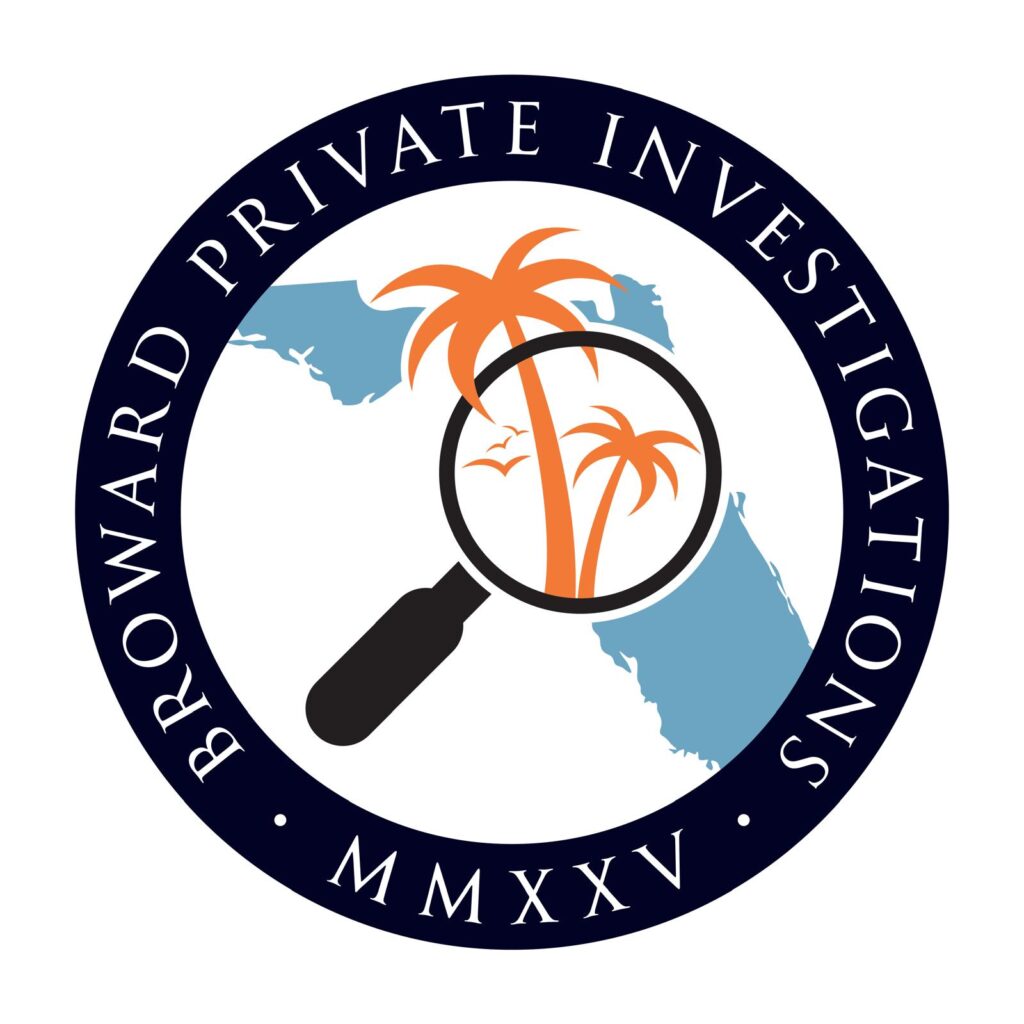Can a Private Investigator Make Arrests? What You Need to Know
Private investigators (PIs) play a critical role in gathering information and conducting surveillance for various cases, but their authority is often misunderstood. One of the most common questions is: Can a private investigator make arrests?
The short answer is no; private investigators cannot make arrests in the same way that law enforcement officers can. However, the nuances of this topic are worth exploring to understand the limits of a private investigator’s powers and their role in legal matters.
In this article, we’ll discuss the following:
- The role of private investigators
- The limitations of their authority
- Circumstances where they may be involved in arrests indirectly
- Legal aspects to keep in mind when hiring a PI
The Role of a Private Investigator
A private investigator’s primary function is to gather evidence through various means such as surveillance, background checks, interviews, and research. They often work on behalf of private clients, law firms, insurance companies, or businesses.
Typical cases for PIs may include:
- Infidelity investigations
- Missing person cases
- Background checks
- Fraud investigations
- Employee misconduct
Private investigators have expertise in observing, documenting, and reporting information. However, they do not hold any law enforcement authority, which means their ability to act in situations involving criminal activities is restricted.
Can a Private Investigator Make an Arrest?
The most important thing to note is that a private investigator does not have the authority to make an arrest. Arrests are strictly within the purview of law enforcement agencies. While private investigators can gather evidence and monitor suspects, they cannot:
- Detain individuals against their will
- Use force to stop or apprehend someone
- Read Miranda rights to a suspect
Attempting to make an arrest could lead to serious legal consequences for the private investigator, including charges of kidnapping or unlawful detainment.
What a Private Investigator Can Do
Although private investigators cannot arrest individuals, they do have the power to contribute to an arrest under specific circumstances. Here’s how:
1. Collect Evidence for Law Enforcement
One of the main ways private investigators support arrests is by collecting credible evidence that can lead to an arrest. For example, if a PI is investigating fraud and uncovers conclusive proof, they can hand that evidence over to the police. This evidence may form the basis for an arrest or prosecution.
2. Work with Law Enforcement
In certain cases, private investigators may work closely with law enforcement agencies. For example, if they are hired by an attorney or insurance company, they may share their findings with law enforcement, who can then decide if an arrest is warranted. While PIs themselves cannot make an arrest, they can assist in gathering the evidence needed for one.
3. Perform a Citizen’s Arrest (In Rare Cases)
In very specific situations, private investigators (like any citizen) can make a citizen’s arrest. However, the laws governing citizen arrests vary significantly by jurisdiction. A PI would need to witness a crime in progress (such as theft or assault) to justify this type of action. Even then, citizen arrests come with significant legal risks and can lead to charges if not carried out properly.
A private investigator must be very cautious when considering a citizen’s arrest, as acting outside the law can lead to severe penalties, including lawsuits or criminal charges.
Legal Limitations for Private Investigators
Private investigators are not above the law, and they must operate within strict legal guidelines, which vary by jurisdiction. Some of the key restrictions on private investigators include:
- No police authority: As mentioned earlier, PIs cannot make arrests, use police powers, or impersonate a law enforcement officer.
- No access to restricted databases: Private investigators cannot access government databases, like the FBI’s National Crime Information Center (NCIC), without proper authorization.
- No trespassing: PIs must adhere to all trespassing laws, which means they cannot break into homes, offices, or vehicles to gather information.
- Privacy laws: PIs are bound by privacy laws, including restrictions on wiretapping and surveillance in areas where individuals have a reasonable expectation of privacy.
Breaking these laws can not only result in criminal charges for the PI but also invalidate any evidence they collect.
When Should You Hire a Private Investigator?
Despite their limitations, private investigators can be invaluable in a range of situations. If you’re dealing with suspected infidelity, corporate espionage, fraud, or a missing person, a private investigator may be able to uncover the truth more quickly than traditional law enforcement, which is often bogged down by other priorities.
Benefits of hiring a PI include:
- Specialized skills in surveillance and data gathering
- Ability to dedicate more time to a case than overworked law enforcement
- Discretion and confidentiality, especially in sensitive personal matters
While they cannot make arrests, private investigators can provide crucial evidence that leads to legal action or help you gain peace of mind.
Conclusion
To sum up, private investigators cannot make arrests in the same way that law enforcement can. They are, however, excellent at collecting evidence, conducting surveillance, and working within legal boundaries to support criminal investigations. If you’re considering hiring a private investigator, it’s important to understand their limitations and how they can assist you without crossing the line into illegal activity.
Always consult with a legal professional or law enforcement if you’re unsure about what a private investigator can and cannot do in your particular case.
FAQs
Can private investigators carry guns?
In some jurisdictions, private investigators may carry firearms, but they must follow local laws, including obtaining proper licenses and permits.
Are private investigators allowed to tap phones?
No, private investigators cannot tap phones or hack into devices without proper authorization. This would violate federal and state wiretapping laws.
What happens if a private investigator breaks the law?
If a private investigator breaks the law, they can face criminal charges, lawsuits, and loss of their license. Any evidence obtained illegally will also be inadmissible in court.
